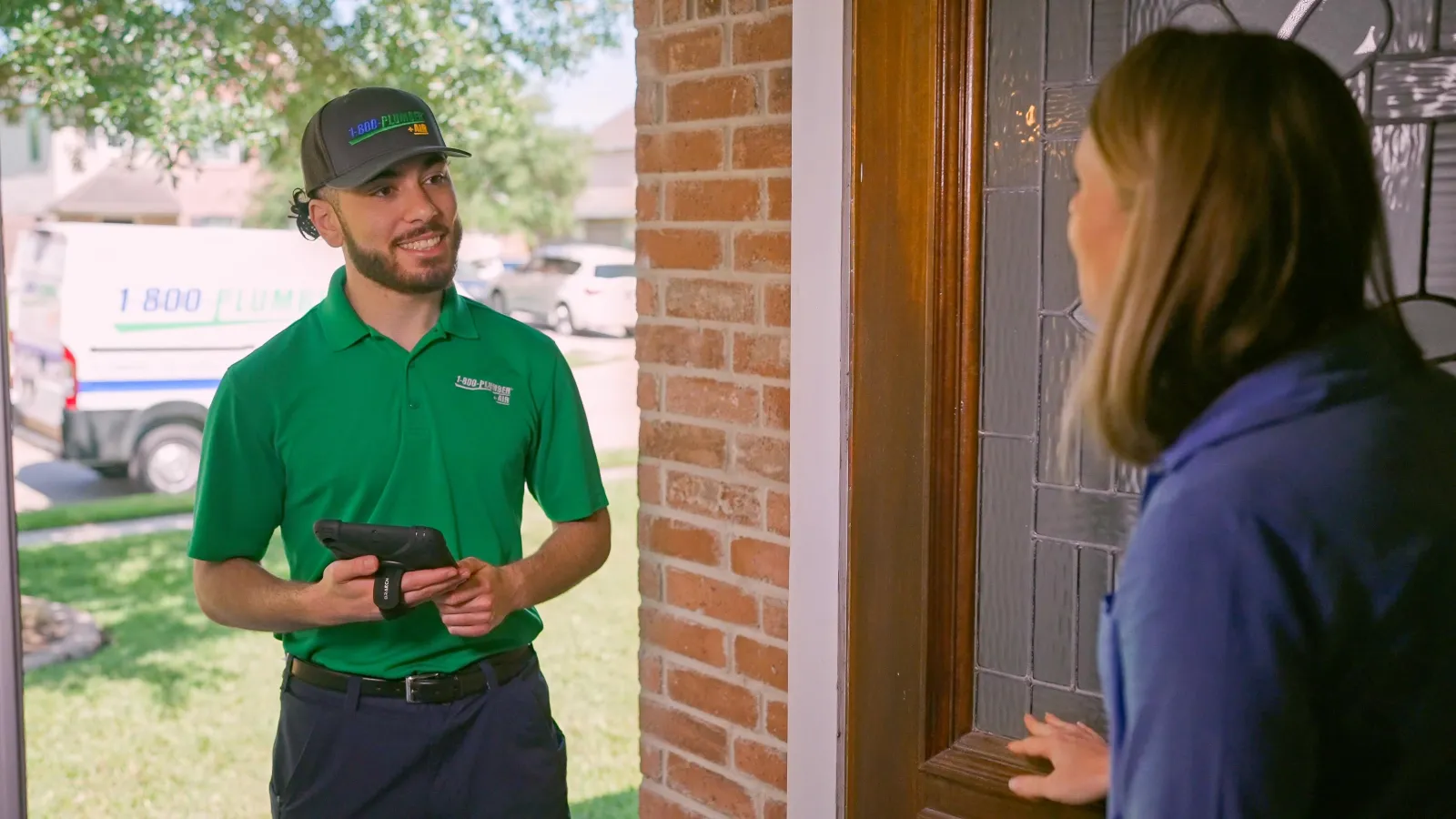So we don't get terms and systems confused, let's define the differences between boilers and furnaces. Boilers use hot water or steam to heat your home. The heat source, typically powered by natural gas, oil, or electricity, heats water within the boiler system. This hot water or steam then circulates through pipes to radiators or radiant floor systems, which release heat into the rooms. Since they rely on water, boilers are part of a hydronic heating system.
On the other hand, furnaces heat the air and utilize a forced-air distribution system to spread warmth throughout your home. Furnaces are typically powered by natural gas, oil, or electricity. The heat source heats the air, and a blower fan pushes the warmed air through a network of ducts and vents. As the warm air circulates, it raises the temperature of the rooms.
Now, you might be thinking, "Meh, how complex can a boiler be?" But you'd be surprised! Just like a perfectly choreographed dance routine, residential boilers have several parts working in unison to provide heat for your home. So, let's break down the basics.
First, we have the heat source, which is typically either a gas or oil-fired burner. This lil' fella creates heat by combusting fuel, transforming that raw energy into warmth for your home. Neat, huh?
Next, we have the heat exchanger. Think of this as the middleman, as it transfers the heat produced by the burner to the water that circulates throughout your home's heating system. And voila, your house is warm and cozy!
Now, let's talk about maintenance.
Boilers, like any other home appliance, require some tender loving care to keep them running smoothly. Here's a quick rundown of what you can do to ensure your boiler stays in tip-top shape:
Annual Service: Just like you'd take your car in for a tune-up, it's essential to schedule an annual boiler service. The professionals at 1-800 Plumber can inspect your boiler, clean its components, and identify any potential issues before they turn into more significant problems. It's like having your very own boiler guardian angel!
Check the Pressure: Keep an eye on your boiler's pressure gauge, as it's crucial to maintain the correct pressure for optimal performance. Too high or too low, and you could run into issues like leaks or inefficient heating. If you're unsure about the correct pressure for your system, give 1-800 Plumber a call, and they'll be more than happy to help.
Bleed Radiators: Air can sometimes get trapped in your radiators, causing cold spots and reduced heat output. To remedy this, simply "bleed" your radiators by opening the air valve with a radiator key or a flathead screwdriver. Once the trapped air is released, your radiators will be back in action!
Keep an Ear Out: Strange noises coming from your boiler? Don't ignore them! Unusual sounds could indicate an issue with your boiler's components or even a potential leak. If you hear anything out of the ordinary, it's time to call in the experts at 1-800 Plumber.
Inspect for Leaks: Regularly inspect your boiler and its surrounding area for any signs of leaks. If you spot any water or dampness, don't hesitate to call 1-800 Plumber. They'll swoop in like superheroes and save the day (and your boiler)!
So, there you have it! Residential boilers may be a bit more complex than you initially thought, but with a little understanding and the right maintenance, they'll continue to keep your home warm and comfortable for years to come. And remember, if you're in the Shelton, CT area and need some boiler-related assistance, 1-800 Plumber is just a phone call away. Happy heating!







